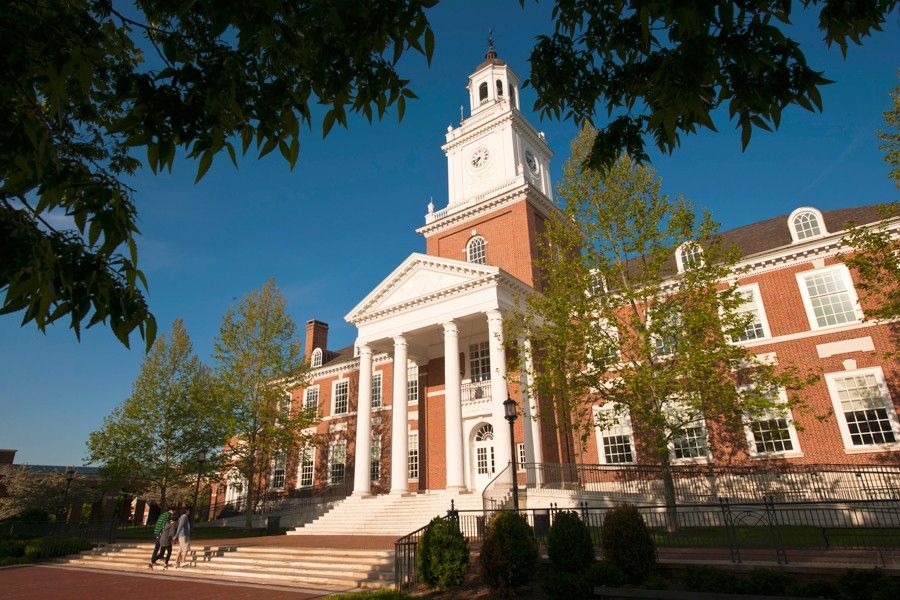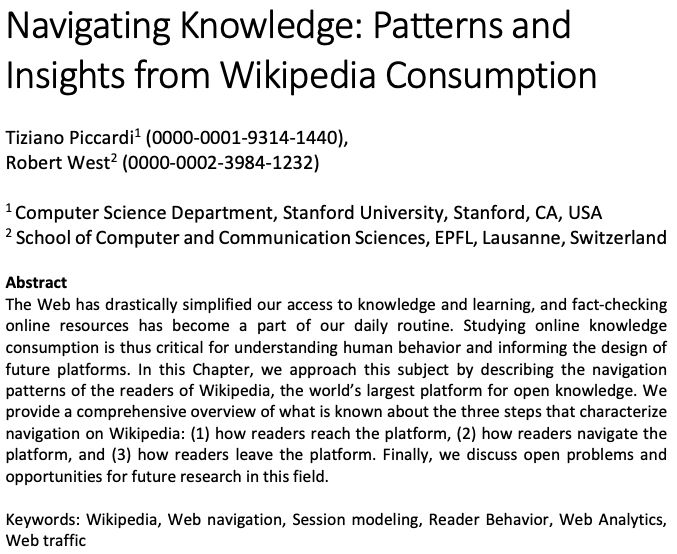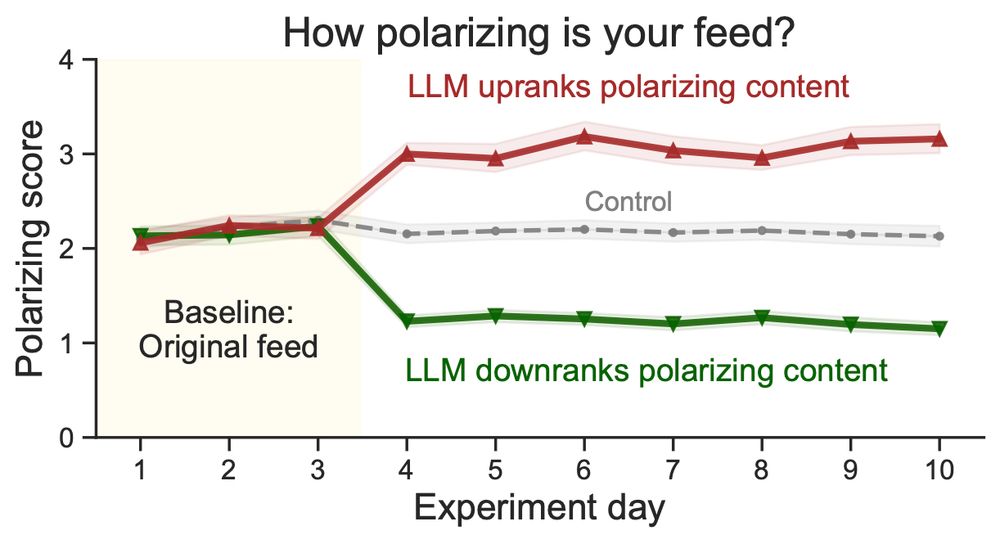More info: piccardi.me

More info: piccardi.me



Join us at the 2nd WikiNLP Workshop on NLP for Wikipedia, co-located with #ACL2025 in Vienna. We welcome both in-person and virtual attendees!
🗓️ Submission deadline: April 30
🔗 Details: w.wiki/CumQ

Join us at the 2nd WikiNLP Workshop on NLP for Wikipedia, co-located with #ACL2025 in Vienna. We welcome both in-person and virtual attendees!
🗓️ Submission deadline: April 30
🔗 Details: w.wiki/CumQ
We explored how readers navigate, fall into rabbit holes, and engage with information in a chapter for the ‘Handbook of Computational Social Science,’ edited by @tahayasseri.bsky.social. Stay tuned for the full book! 📚
Preprint: arxiv.org/abs/2501.00939

We explored how readers navigate, fall into rabbit holes, and engage with information in a chapter for the ‘Handbook of Computational Social Science,’ edited by @tahayasseri.bsky.social. Stay tuned for the full book! 📚
Preprint: arxiv.org/abs/2501.00939
😭, 😂, 🤣, ❤️ are topping the leaderboard!
feeds.feedwizard.org (counters just started)

😭, 😂, 🤣, ❤️ are topping the leaderboard!
feeds.feedwizard.org (counters just started)
🔹 Less exposure to AAPA content made people warmer toward political outgroups (+2.1 on a 0–100 scale, reversing ~3yr of US polarization trends).
🔹 More exposure made people colder (-2.5).
🔹 AAPA content increased feelings of anger and sadness in in-feed surveys.


🔹 Less exposure to AAPA content made people warmer toward political outgroups (+2.1 on a 0–100 scale, reversing ~3yr of US polarization trends).
🔹 More exposure made people colder (-2.5).
🔹 AAPA content increased feelings of anger and sadness in in-feed surveys.

We built a browser extension that intercepts users’ social media feeds, uses GPT to identify polarizing content in real time, and re-ranks posts to change their visibility. We do this without impacting the user experience.
Read more about the tool: arxiv.org/abs/2406.19571

We built a browser extension that intercepts users’ social media feeds, uses GPT to identify polarizing content in real time, and re-ranks posts to change their visibility. We do this without impacting the user experience.
Read more about the tool: arxiv.org/abs/2406.19571
These are defined by 8 bipartisan factors identified in the Strengthening Democracy Challenge (www.science.org/doi/10.1126/...)

These are defined by 8 bipartisan factors identified in the Strengthening Democracy Challenge (www.science.org/doi/10.1126/...)
We ran a field experiment on X/Twitter (N=1,256) using LLMs to rerank content in real-time, adjusting exposure to polarizing posts. Result: Algorithmic ranking impacts feelings toward the political outgroup! 🧵⬇️

We ran a field experiment on X/Twitter (N=1,256) using LLMs to rerank content in real-time, adjusting exposure to polarizing posts. Result: Algorithmic ranking impacts feelings toward the political outgroup! 🧵⬇️
I’m a CS Postdoc at Stanford in the Stanford HCI group.
I develop ways to improve the online information ecosystem by designing better social media feeds & improving Wikipedia. I work on AI, Social Computing, and HCI.
piccardi.me 🧵

I’m a CS Postdoc at Stanford in the Stanford HCI group.
I develop ways to improve the online information ecosystem by designing better social media feeds & improving Wikipedia. I work on AI, Social Computing, and HCI.
piccardi.me 🧵

